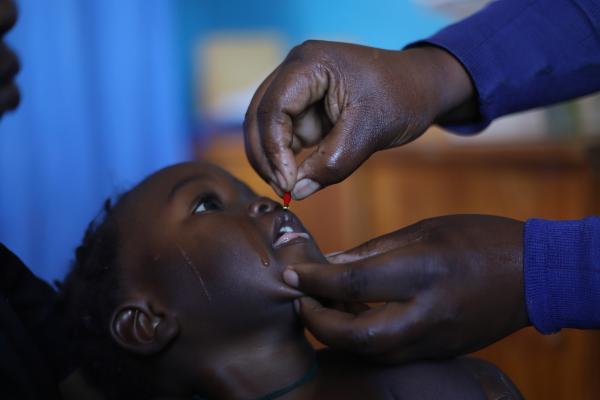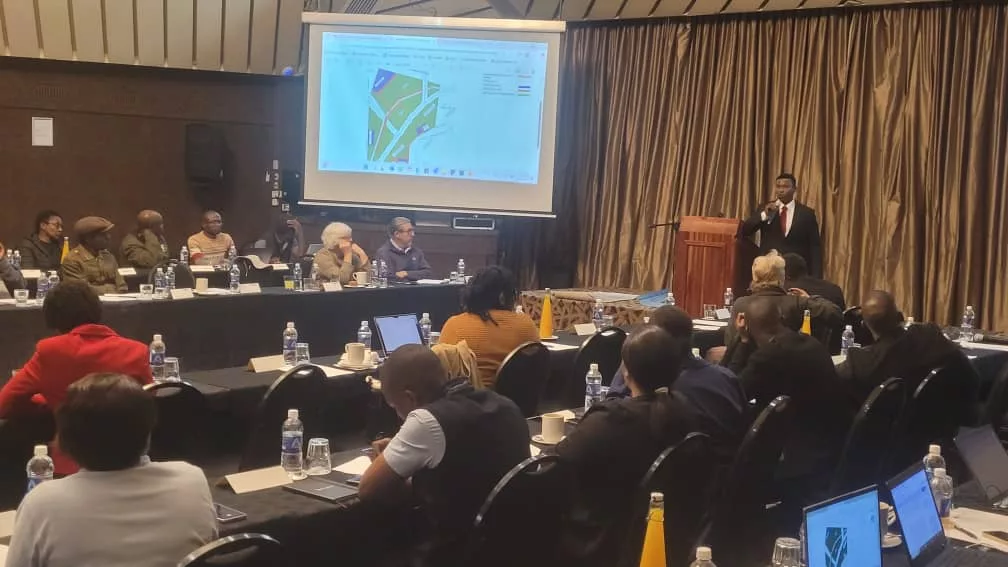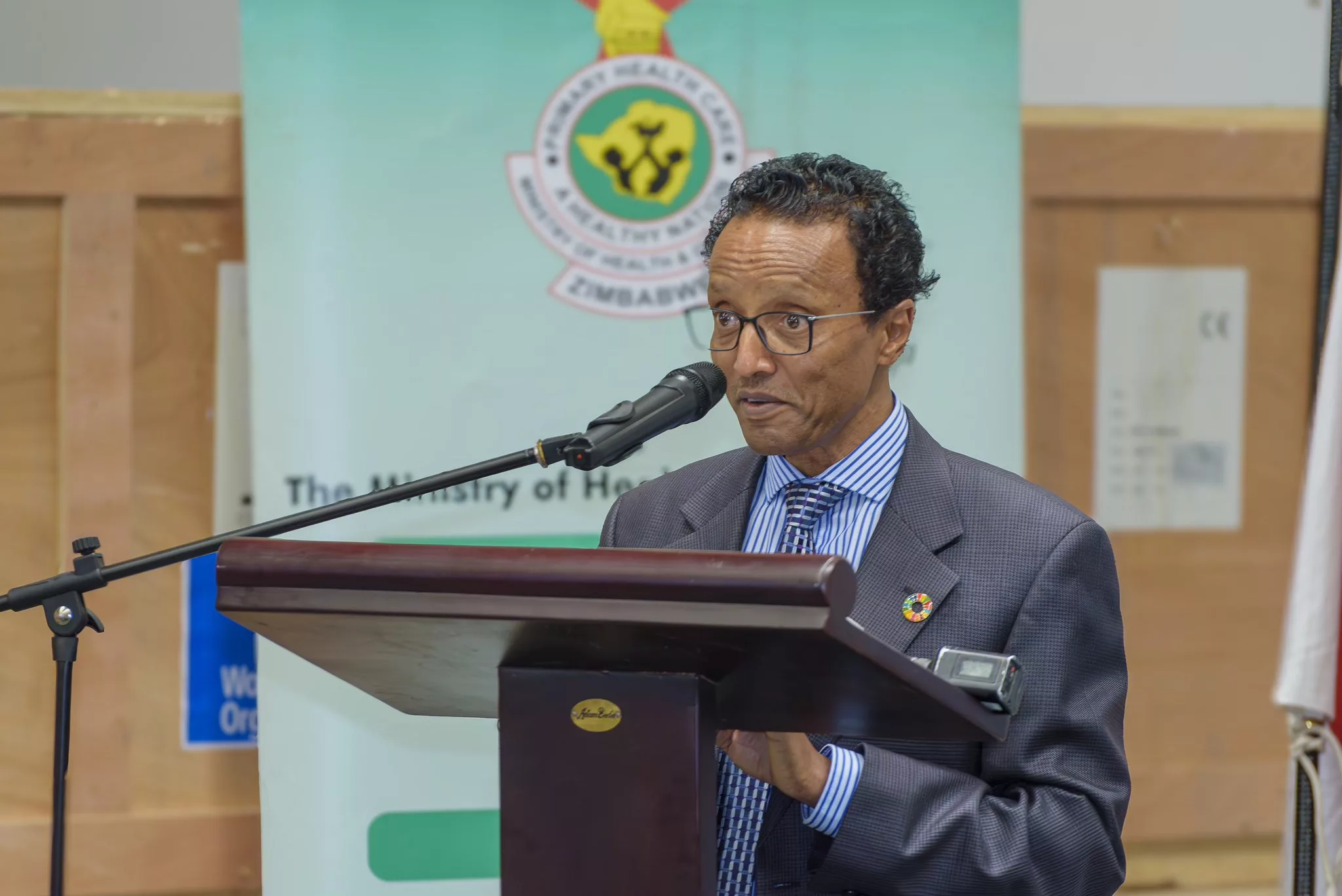The Health Development Fund (HDF), managed by UNICEF and UNFPA with funding from the United Kingdom (DFID), European Union (EU) Sida-Sweden, Irish Aid and the Global Vaccine Alliance (Gavi), continues to support the Government of Zimbabwe in the strengthening of its health systems with the procurement of 198 Oxygen Concentrators for the fight against COVID-19; and 968 Solar Driven Refrigerators to strengthen coverage and equity of immunization across the country.
The Oxygen Concentrators will assist the Ministry of Health and Child Care (MOHCC) in the ongoing operationalization of the National COVID-19 Response Plan which comprises 8 pillars, one of them being Case Management. The Case Management pillar aims to preserve overall public health and continuity of essential health services. Substantial quantities of oxygen concentrators are required to manage care and save lives especially at this time when the risk of a rise in COVID-19 cases in Zimbabwe has increased, resulting in a larger number of patients requiring hospitalisation.
“The arrival of these 134 Oxygen Concentrators will translate into an increase in High Dependency Unit (HDU) bed capacity from the current 45 beds to 179, bringing this close to 80% of the required HDU bed capacity in the country,” said Deputy Minister of Health and Child Care, Honourable Dr. John Mangwiro.
The Oxygen Concentrators will also strengthen health service delivery capacity post COVID-19 as they are an essential piece of equipment in new-born resuscitation, thus contributing to the reduction of neonatal mortality in Zimbabwe.
“The Health Development Fund donors (UK, EU, Sweden, Irish Aid, and Gavi) through UNICEF and working with the government, supported an early preparedness and response plan to COVID-19 and will continue to support a priority and effective interventions that are needed for Zimbabwe based on local and global evidence. We believe this life-saving equipment will help to make the greatest impact to save lives of the poorest and most vulnerable,” said Cate Turton, DFID Zimbabwe Country Director.
Meanwhile, the Solar Direct Driven Refrigerators are in line with HDF partner- GAVI’s Cold Chain Equipment Optimization Platform that supports continued efforts to keep the cold chain running in all districts to ensure effective vaccination management. The refrigerators are a green solution for Primary Health Care level facilities which are not on the electricity grid or have sporadic electricity. They will also offset the rising electricity costs, regular electricity faults, and subsequent fuel costs for standby generators.
“Vaccines need to be stored at a constant, cool temperature to be effective,” said Tito Rwamushaija, Gavi’s Senior Country Manager for Zimbabwe. “These new advanced refrigerators will be used to store vaccines that protect Zimbabwe’s children against killer diseases like measles, diphtheria and pneumonia, helping to ensure a healthy, prosperous future for both the children and for this great nation.”
The initiative will also train 63 cold chain technicians from 9 Provinces on the role of Information and Communication Technology (ICT) in cold chain management, temperature monitoring devices, maintenance of the refrigerators, generator maintenance, gas management and cold chain record keeping.
“Even before the onset of the COVID-19 pandemic and it’s restrictions in movement for mothers and their babies, immunization coverage in Zimbabwe has not been equitable across the country with inequities across geographic areas, urban vs rural, and wealth quintiles,” said UNICEF Deputy Representative Amina Mohamed. “These Solar Direct Driven Refrigerators will see the Expanded Programme on Immunization (EPI) reaching the last mile.”
The Health Development Fund is a multi-donor pooled funding mechanism established to improve reproductive, maternal, newborn, child, and adolescent health (RMNCH+A) and nutrition in Zimbabwe. Managed by UNICEF in coordination with UNFPA.






